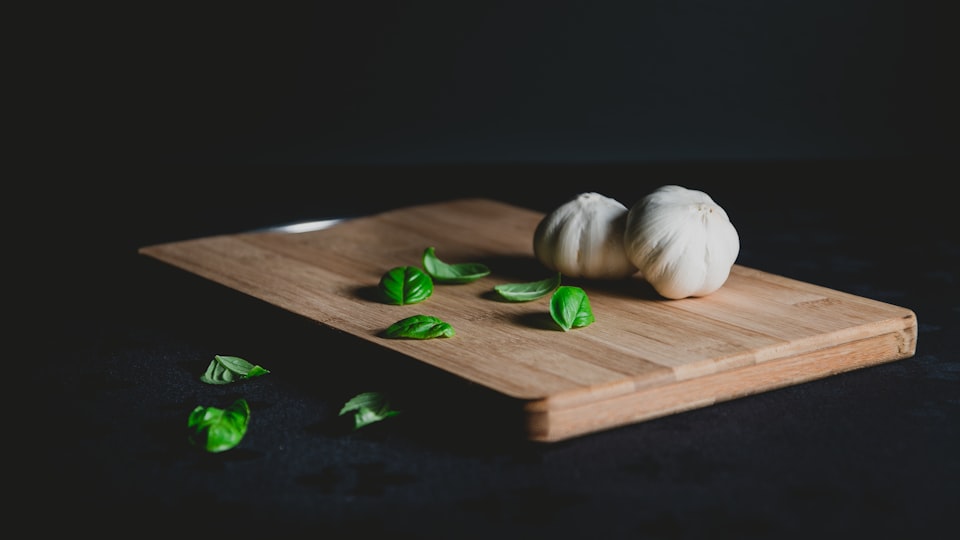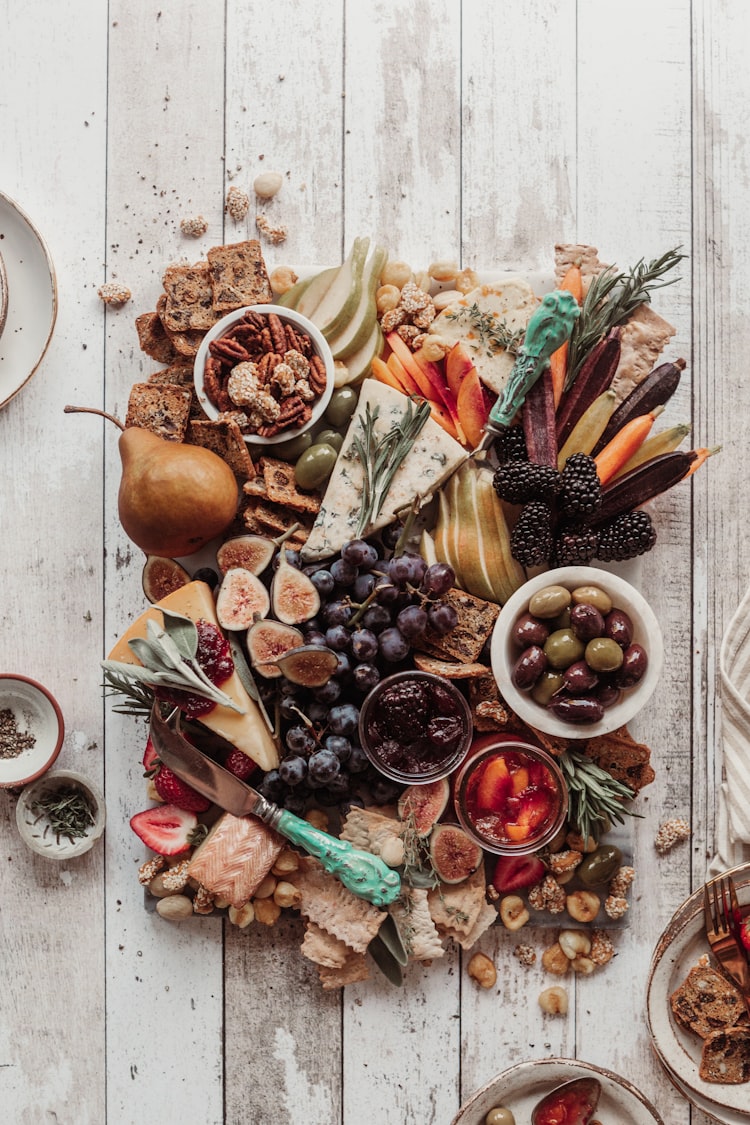No Substitute

Subscribe to Stone Soup to get updates, recipes, and book recommendations in your inbox every week.
Working with substitutions is an art form.
It’s a tricky proposition because cooking so frequently pursues a designated end result—there’s a photo in the cookbook, there’s a fragrance that should fill the house, there’s a childhood memory of a specific flavor. When we cook, we’re often reaching for something specific that will satisfy a vague notion of rightness, a notion rooted in nostalgia and sentiment, and aspiration. Being able to achieve that idea of rightness by following a recipe as it’s written is, by itself, an amazing skill. Being able to reproduce the same outcome every time you make a dish is even more impressive—it shows a mastery of technique, a degree of finesse. I always feel a rush of triumph when I execute a dish successfully for the second time because that proves that my first success wasn’t a random and unrepeatable fluke.
Being able to use substitutions is a whole other arena of skill. To better understand this, I think it’s necessary to call substitutions what they are: cooking with the wrong ingredients. The recipes we work from call for the ingredients they require for a reason—those ingredients are important, they’re correct, they’re the things that will produce the right outcome. When we make substitutions, we’re replacing the right ingredients with wrong ones. Achieving the right outcome from the wrong ingredients is a tall order, and it takes a great cook to know how to do it.
Using substitutions well requires knowledge. It requires a transition from following recipes to understanding them. To be able to make substitutions well, a cook has to know what purpose each ingredient serves in the pursuit of that hallowed right outcome. When I add Worcestershire sauce to braising liquid, I know that it’s adding a hit of rich umami flavor. When I put lemon juice into cake batter, I know it’s there to activate a leavening agent. When I fold chocolate chips into my cookies, I know they are supposed to be morsels of dark flavor in an otherwise mild dough. If I don’t have any of these ingredients, my understanding of their purpose makes it so I can find substitutions that will carry their weight. I might reach for tamari in place of Worcestershire, white vinegar instead of lemon juice, chopped toasted walnuts instead of chocolate chips. I won’t get precisely the same outcome as I would have gotten by using the right ingredients, but I will still get a good outcome.
But it’s not quite that simple, is it? Because there’s a second key to using substitutions well, a key that is best encapsulated by that old saying: intelligence is knowing that tomatoes are a fruit, while wisdom is knowing that they don’t go in a fruit salad. Similarly, using substitutions requires a person to know the difference between a good outcome and the right outcome. I might have the intelligence to understand that those chopped toasted walnuts will result in a good cookie—but I also have the wisdom to know that if I hand that cookie to someone expecting chocolate chips, they will be pissed at me. It doesn’t matter if the cookie is delicious because it isn’t right.
This wisdom can lead to the modification and adaptation of a recipe. Maybe this just isn’t a chocolate chip cookie anymore—it’s a walnut cookie now. With this in mind, I might decide to change the rest of the recipe, too. I’ll add spices that I normally wouldn’t marry with chocolate chips; I’ll coat the cookie in sugar or maybe add icing. When one makes a substitution, one has the opportunity to shift the entire balance of a recipe around that substitution. Some of my favorite things to cook started out just like this: as a search for equilibrium in response to the introduction of a substitution.
That same wisdom can also lead in the opposite direction. Some recipes just shouldn’t be modified, and it’s important to be able to recognize when that’s the case. A cake can be a cake regardless of what acid ends up activating the leavener—you can get an outcome that is both good and right whether you’re using lemon juice or vinegar. But a chocolate chip cookie cannot be a chocolate chip cookie without chocolate chips. The resulting cookie can be perfectly good, but it will not be right. Being able to hold that nebulous right outcome in your mind, and being able to recognize what is fundamental to getting there, is vital to knowing when a substitution is going to work out. In some cases, substitutions just aren’t acceptable, not because of snobbery or even a sense of precision—but because there’s simply no way to get to the right outcome with the wrong ingredients.
All the intelligence and wisdom in the world is useless if you don’t know when to abandon both. Knowing what to do is important, but a good cook also needs the ability to put aside what they think they know and embrace instruction. Cooking with a new ingredient, attempting a new technique, stepping into a new cuisine—even just cooking in an unfamiliar kitchen—all offer opportunities to return to the beginning of one’s journey as a cook. All the knowledge a person accumulates over a lifetime of making and eating food becomes beautifully moot; it’s time to watch, it’s time to listen, it’s time to learn. The instincts for the role and importance of each ingredient will develop with time—for now, follow the recipe.
Just like always, this month’s recipes come with notes on suggested substitutions and modifications. Every time you see those suggestions, you have the opportunity to make a decision. You, as a cook, know yourself well enough to determine whether you have the intelligence and the wisdom to modify the recipe—or whether this batch of recipes represents an invitation to learn something new. To follow the instructions precisely as they’re laid out, and then see for the first time what the right outcome actually looks like.
I trust your judgment. Let’s get cooking.
Coming Up This Month
- Jen’s Duò Làjiāo
Jen Coster, narrative designer at the critically acclaimed video game studio Butterscotch Shenanigans, shares a recipe for duò làjiāo, a spicy Hunanese condiment. Her essay on family, language, and connecting with one’s roots through food will be in your inbox on May 10. - Matthew’s Adobo
Matthew Marco, a Filipino-American web designer based in New York City, shares a recipe for Adobo. His essay on the importance of cooking a beloved recipe with and without the right ingredients will be in your inbox on May 24.
If you’d like to own the Personal Canons Cookbook ebook, which collects all these essays and recipes in easy-to-reference, clickable format—plus loads of bonus recipes from me!—join the Stone Soup Supper Club. The ebook is free for subscribers, who will get the download link in their inboxes in the first Supper Club email of 2024!
If you’re a paying subscriber, come by the Stone Soup Supper Club for early access to this month’s recipes, our weekly chat, and more community! I can’t wait to find out how you’re doing. And if you’re not a paying subscriber, please consider joining the Supper Club or becoming a booster! Paid subscriptions keep the lights on here at Stone Soup, and every subscription makes a difference.
—Gailey






Member discussion